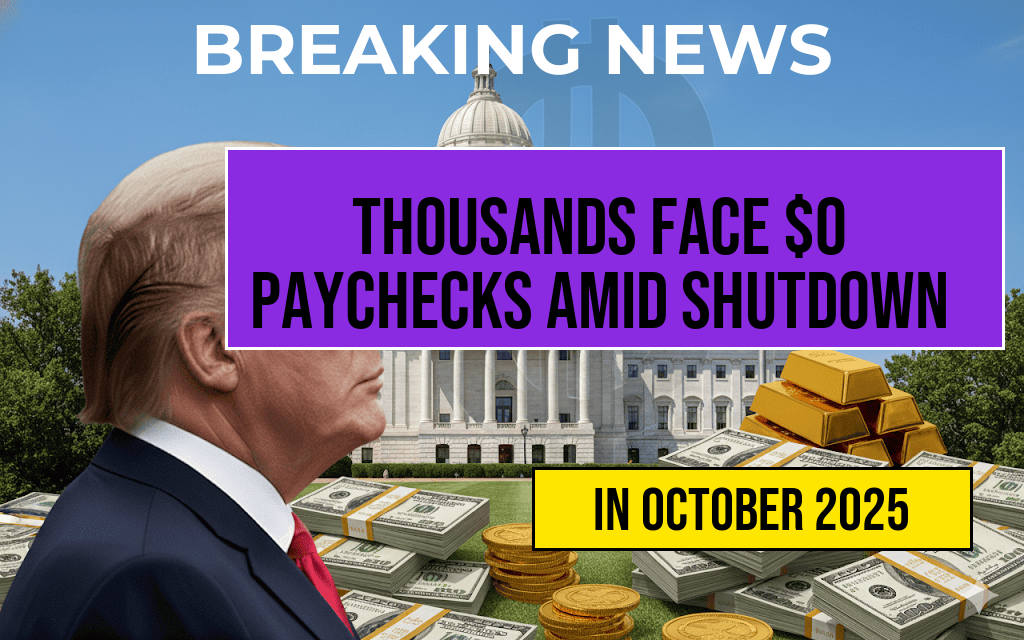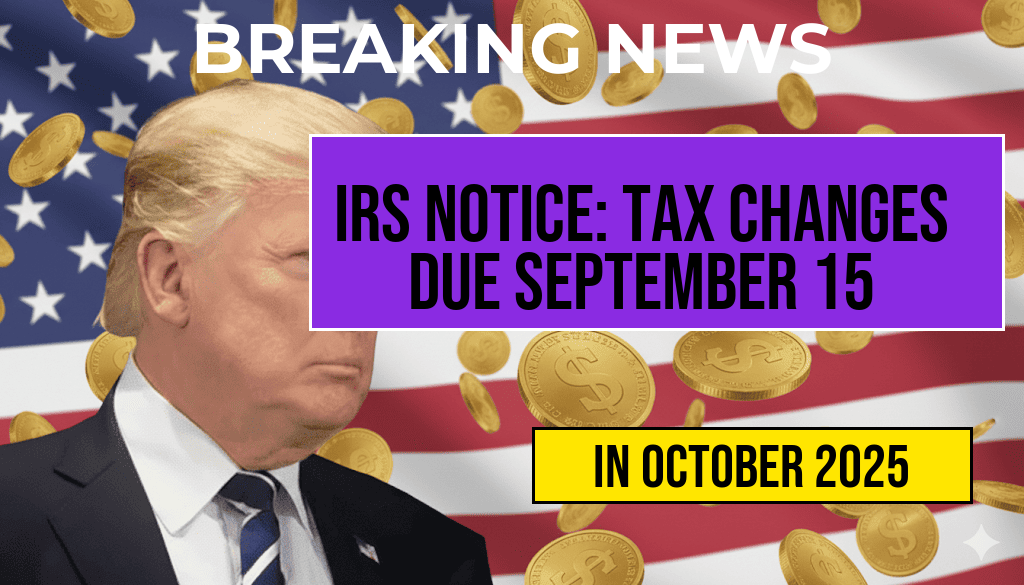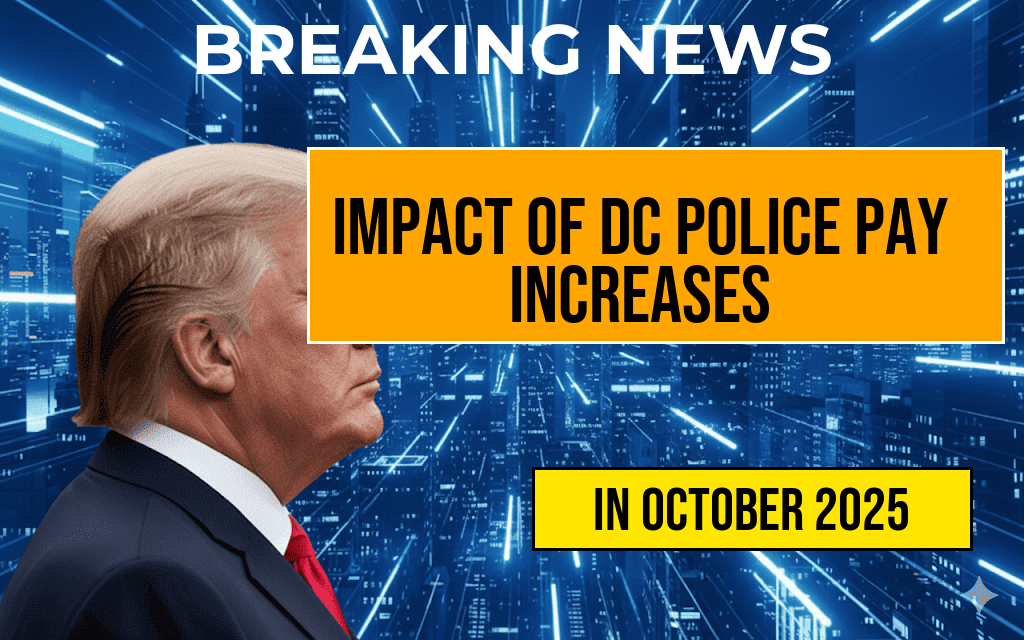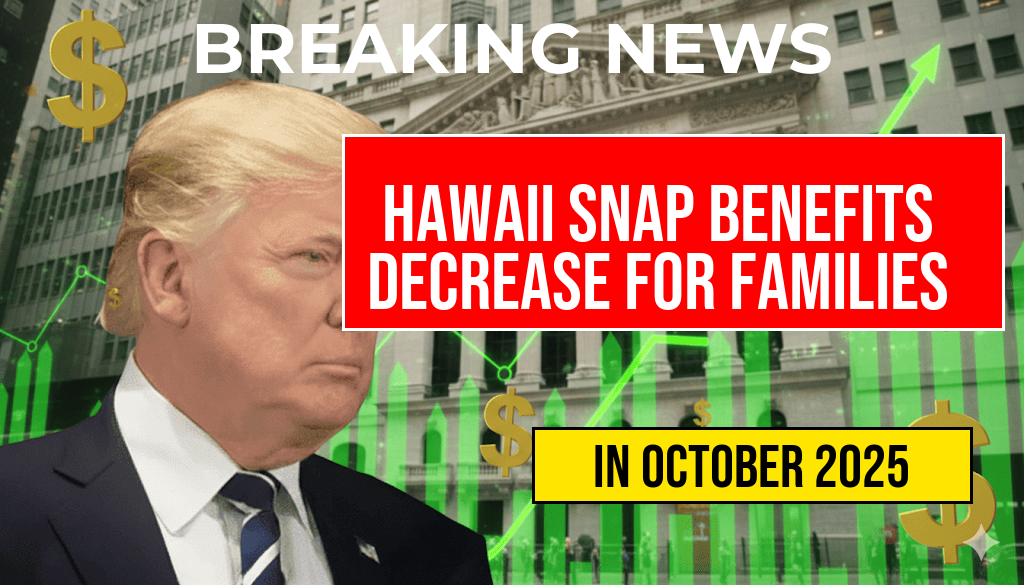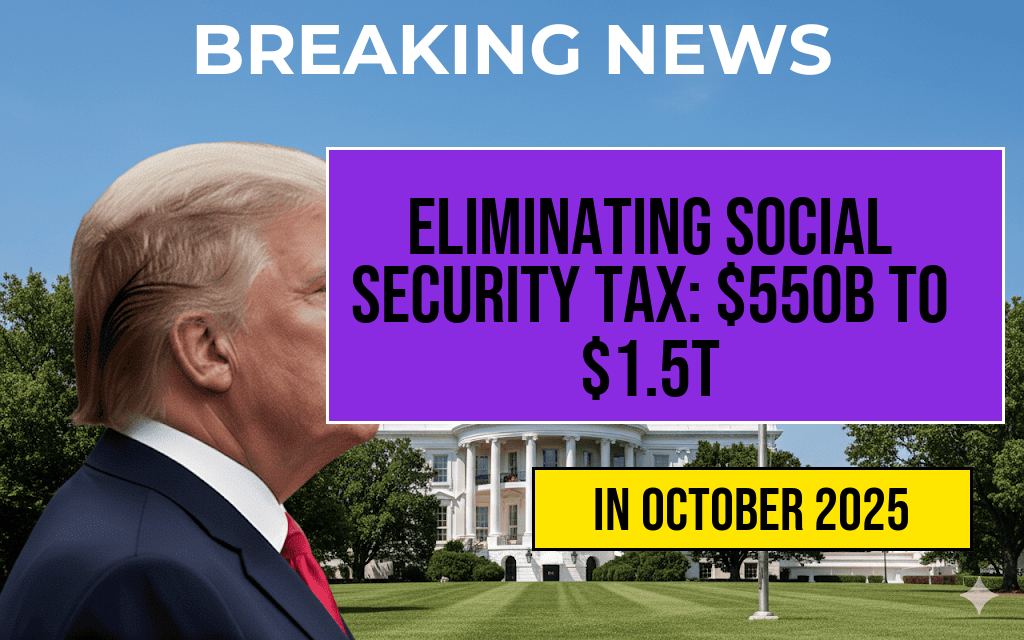In a contentious meeting that highlighted ongoing tensions between voters and local government, the City Council has postponed the implementation of tipped wage parity until 2034. This decision, which affects the earnings of thousands of workers in the hospitality industry, has sparked a heated debate about the implications of maintaining a minimum wage of $10 per hour for tipped employees. As advocates argue for fair pay, the delay raises concerns about financial stability for service workers who rely heavily on tips to supplement their income.
Understanding Tipped Wage Parity
Tipped wage parity refers to a system where tipped workers receive a base wage that is equal to the standard minimum wage, regardless of tips. Currently, many states allow employers to pay tipped workers a lower minimum wage, assuming that tips will make up the difference. Proponents of tipped wage parity argue that this system is outdated and unfair, leaving workers vulnerable to fluctuating incomes.
The Council’s Decision
During the recent council meeting, officials discussed the potential economic impact of raising the minimum wage for tipped workers. After extensive debate, the council voted to delay the implementation of wage parity until 2034, a move that many advocates view as a setback in the fight for fair compensation.
Impact on Workers
The decision to maintain the $10 minimum wage has significant implications for workers in the hospitality sector. Many of these employees, who often work long hours in challenging conditions, depend on tips to make ends meet. The delay in wage parity means that the financial burden will continue to fall disproportionately on these workers, often leading to economic instability.
- Increased Financial Stress: With the current minimum wage remaining at $10, many workers will continue to struggle to meet their basic needs.
- Dependence on Tips: The reliance on tips can create unpredictable income streams, making budgeting difficult.
- Worker Retention Issues: Low wages may lead to high turnover rates in the hospitality industry, affecting service quality.
Public Response and Advocacy
Public reaction to the council’s decision has been polarized. Advocacy groups argue that delaying wage parity harms the most vulnerable workers in society and perpetuates a cycle of poverty. Protesters gathered outside the council chambers, calling for immediate reform and better wages for tipped workers. Many argue that fair compensation is not only a matter of justice but also essential for a thriving economy.
Local organizations, such as the National Employment Law Project, have voiced their support for tipped wage reform, highlighting how fair wages can lead to improved job satisfaction and productivity. They assert that the current system disproportionately affects women and minorities, who make up a large percentage of the tipped workforce.
Economic Implications
The continued reliance on a $10 minimum wage has broader economic implications for the city. Research shows that increasing the minimum wage can stimulate local economies by increasing consumer spending. When workers earn more, they have greater purchasing power, which benefits local businesses. Conversely, keeping wages low can stifle economic growth and perpetuate income inequality.
| Year | Tipped Minimum Wage | Standard Minimum Wage |
|---|---|---|
| 2023 | $10.00 | $15.00 |
| 2034 | To be determined | $15.00 |
Looking Ahead
As the city navigates this contentious issue, the path forward remains uncertain. Advocates for tipped wage parity pledge to continue their efforts, aiming to hold the council accountable and push for reforms that prioritize fair pay. The next few years will be critical in determining the future of wage policies and the economic well-being of service workers across the city.
For more information on the implications of minimum wage laws and the impact on workers, visit Forbes or explore resources from the U.S. Department of Labor.
Frequently Asked Questions
What is the current status of the tipped wage parity implementation?
The implementation of tipped wage parity has been delayed until 2034, causing significant concern among voters and council members.
How does the $10 minimum wage affect workers’ paychecks?
The $10 minimum wage is expected to impact workers’ paychecks by providing a more stable income, but it may also complicate the transition to tipped wage parity.
Why are voters concerned about the delay in tipped wage parity?
Voters are concerned that the delay in tipped wage parity will prolong unfair wage practices, affecting the financial stability of workers who rely on tips.
What are the implications of the delay on the restaurant industry?
The delay in tipped wage parity could lead to increased tensions between workers and management in the restaurant industry, as employees may feel undervalued with the current pay structure.
What actions are being taken by the council regarding the minimum wage issue?
The council is reviewing the implications of the $10 minimum wage and seeking community feedback to address concerns related to the delay in tipped wage parity.



